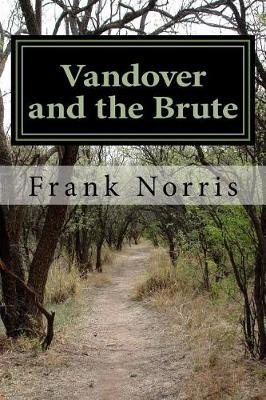Reviewed by Briana @ Pages Unbound on
Personally, I think Vandover is likely to appeal to more academic readers than to those looking for an entertaining read. The novel touches on a number of themes common to naturalist writing; it's quite a treasure trove for those who may wish to explore social determinism, biological determinism, race suicide, degeneration, masculinity, etc. Plot-wise, it's a bit dull.
The dullness is partially a result of intentional authorial choices. Protagonist Vandover is stuck in the rut many scholars see as part of naturalist writings; he cannot really progress. So, while on one hand a large of amount of things happen in the book (which I won't specify to avoid spoilers), it's also possible to say that nothing happens at all. Imagine a graph of Vandover's life as an oscillation, like a sine curve.
However, Vandover is only stuck in some parts of his life. In others, he's actively degenerating. This is what attracts many people to the book: the story of a man regressing into animal. However, I found the description of this more exciting than the actual execution of it in the book. Norris takes a rather strong narrative role and actively comments on what he wants readers to think/know. He's pretty explicit about the man turning to brute plot point. I didn't think there was much to interpret here; one just observes that it's happening and moves on.
I enjoyed reading Vandover somewhat because I did it for class, and the discussion was fairly interesting. However, I don't think it's something that would have appealed to me if I'd read it on my own.
Reading updates
- Started reading
- 25 April, 2016: Finished reading
- 25 April, 2016: Reviewed
